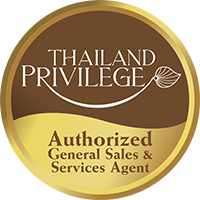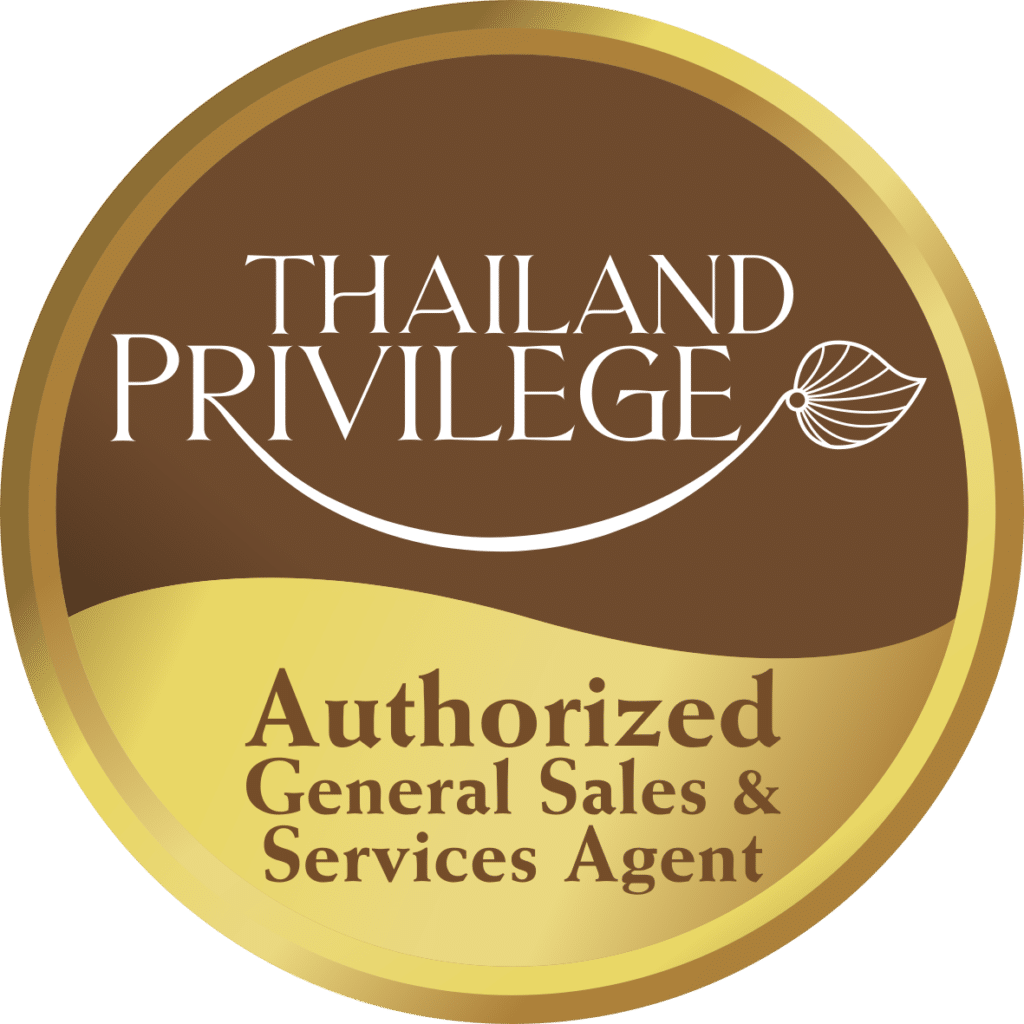Are you considering working in Thailand? Perhaps you’ve heard about the unique job market, the vibrant culture, or the stunning landscapes. Thailand work can be an exciting and rewarding experience, but it’s essential to understand the opportunities, challenges, and everything in between before you take the plunge. In this comprehensive guide, we’ll explore all aspects of working in the Land of Smiles, from job prospects to cultural nuances.
Introduction to Thailand Work
Thailand, a country known for its stunning beaches, rich history, and delicious street food, is also becoming an increasingly popular destination for expatriates looking to work abroad. So, why are so many people drawn to Thailand for work?
Imagine waking up to the sound of waves crashing on the shore before heading to your job. Picture yourself exploring ancient temples and bustling markets during your time off. Thailand offers a unique blend of professional opportunities and an exotic lifestyle that can be hard to resist.
But before you pack your bags and hop on the next flight, let’s delve deeper into what working in Thailand entails.
Job Market in Thailand
Exploring the Diverse Employment Options
Thailand’s job market is as diverse as the country itself. From teaching English to diving into the tech industry, there’s something for everyone. Jobs in hospitality, tourism, and education are often readily available, especially for foreigners. If you have specialized skills, such as IT or healthcare, you’ll find a growing demand for your expertise.
The Demand for Foreign Talent
Thailand’s economy thrives on international trade and tourism, making it a hotspot for expatriates. Many companies actively seek foreign talent to bridge the cultural and linguistic gaps, making it easier for them to operate in a globalized world. Your unique perspective and skills may be just what employers are looking for.
Visa and Work Permits
Getting your foot in the door in Thailand requires navigating the intricacies of visas and work permits. Depending on your nationality and the nature of your work, you might need a tourist visa, a business visa, or even a work permit. Understanding these legal requirements is crucial to a smooth transition into the Thai workforce.
Cost of Living
While Thailand offers a relatively affordable cost of living compared to many Western countries, it’s essential to budget wisely. Accommodation, transportation, and healthcare costs can vary widely depending on where you choose to live and your lifestyle choices. Proper financial planning is key to making your Thailand work experience comfortable and enjoyable.
Cultural Sensitivity
Working in Thailand means immersing yourself in a rich and vibrant culture. Thai people are known for their warmth and hospitality, but they also have deeply rooted customs and traditions. Understanding and respecting these cultural nuances in the workplace is essential for a harmonious work environment.
Language Barriers
English may be widely spoken in tourist areas, but outside these zones, language barriers can be a significant challenge. Learning some basic Thai phrases can go a long way in making your daily life and work interactions smoother. Many Thais appreciate foreigners making an effort to communicate in their language.
Work-Life Balance
Thailand is famous for its “mai pen rai” attitude, which roughly translates to “no worries” or “don’t sweat the small stuff.” This laid-back approach to life extends to the workplace, where maintaining a healthy work-life balance is highly valued. Embrace this ethos, and you’ll find a more relaxed and enjoyable work environment.
Healthcare and Insurance
Thailand boasts an excellent healthcare system, with modern hospitals and clinics throughout the country. However, it’s essential to have comprehensive health insurance to cover unexpected medical expenses. Proper coverage ensures peace of mind while working and living in Thailand.
Taxation and Financial Considerations
Understanding the tax implications of working in Thailand is crucial to managing your finances effectively. Thailand has its own tax rules, and they can be quite different from what you’re used to in your home country. Seek professional advice to ensure compliance and minimize your tax burden.
Safety and Security
Thailand is generally a safe country for expatriates, but like anywhere else, it’s essential to stay vigilant and take precautions. Be aware of common scams, practice situational awareness, and follow local safety guidelines to ensure your well-being.
Networking and Building Relationships
Building a strong network in Thailand can open doors to new opportunities and friendships. Attend local events, join expatriate groups, and engage with colleagues to expand your social and professional circles. Networking is often key to career success in Thailand.
Career Advancement
While Thailand offers a unique work-life balance, it’s also a place where you can advance your career. Many multinational companies have a presence in Thailand, and ambitious individuals can find opportunities for growth and development.
Retirement in Thailand
Thailand’s charm isn’t limited to working years. Many expatriates choose to retire in this beautiful country. Understanding retirement options, visa requirements, and healthcare is essential if you plan to spend your golden years in the Land of Smiles.
Conclusion
In conclusion, Thailand work offers a blend of professional growth and cultural enrichment that can be both exciting and challenging. From the diverse job market to the need for cultural sensitivity, there’s much to consider before embarking on your Thai adventure.
If you’re thinking of working in Thailand, remember to stay informed about legal requirements, budget wisely, embrace the local culture, and build a strong network. With the right mindset and preparation, your Thailand work experience can be a rewarding chapter in your life.
FAQs
Q1: How do I find job opportunities in Thailand? A1: Job opportunities in Thailand can be found through job search websites, networking, and contacting local companies directly. Consider joining expat forums and communities for insights and job leads.
Q2: Do I need to speak Thai to work in Thailand? A2: While speaking Thai is not always a requirement, learning some basic phrases can greatly enhance your daily life and work interactions. In some industries, such as teaching, English proficiency may be sufficient.
Q3: What is the average cost of living in Thailand? A3: The cost of living in Thailand varies depending on your location and lifestyle. On average, you can live comfortably on a moderate budget, but costs can rise in major cities and tourist areas.
Q4: How do taxes work for expatriates working in Thailand? A4: Thailand has its own tax rules, and tax rates can vary depending on your income and status. It’s advisable to consult with a tax professional to ensure compliance and optimize your financial situation.
Q5: Is it safe to work in Thailand as a foreigner? A5: Thailand is generally a safe country for foreigners. However, like anywhere else, it’s essential to exercise common-sense precautions, be aware of your surroundings, and follow local safety guidelines.


